When entertaining at home (oh, those were the days), I love to fit a dish into the evening's menu that will wow my guests. A flambé is a perfect way to do this.
What is a flambé, you may ask? It's when liquor is added to a dish and ignited into flames—and it's very, very satisfying to watch (and eat, of course).
This technique burns off the harsh taste of the alcohol while keeping the subtler ones, and the flame intensifies the existing flavors in the dish. Roasts, especially chicken and other game birds, are great to flambé, but desserts are the classic option.
What Type of Liquor Should I Use to Flambé?
I prefer to use gin or vermouth (sweet or dry), but rum and brandy are also common, especially in recipes like Bananas Foster.
How to Flambé Fruit
1. When using fruit, sprinkle a couple tablespoons of sugar into a hot shallow pan and allow it to melt.
2. Once the sugar begins to turn amber, carefully add the fruit—make sure not to let your fingers touch the molten-hot sugar.
3. Allow the fruit to develop some color, then add a splash or two of your preferred liquor.
4. Ignite the liquid with a match or a candle lighter and allow the flame to go out on its own. Fruit flambé of any kind can be paired with ice cream, yogurt, cheese, or a savory main; in this case, I served mine with a flambé of Cornish game hen.
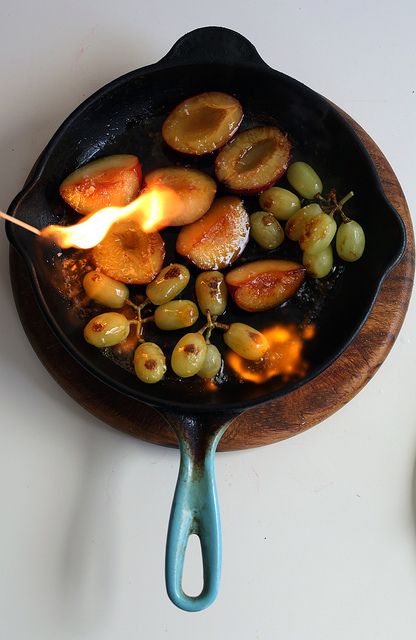
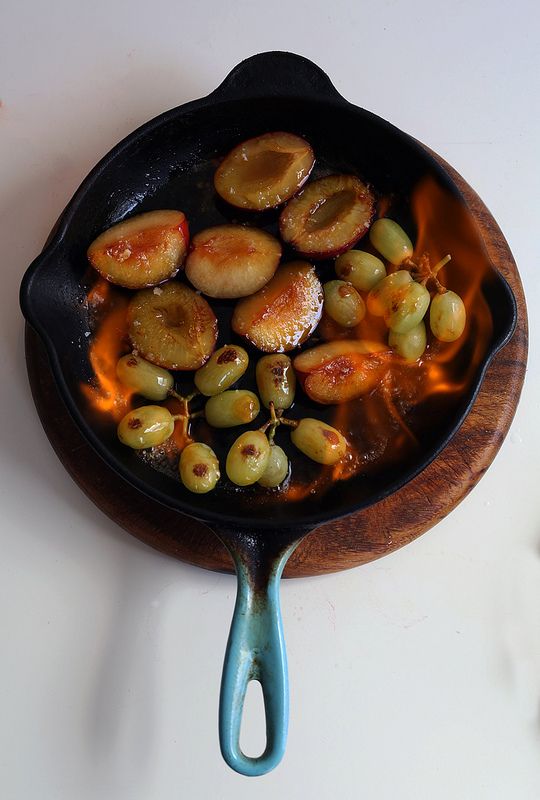
How to Flambé Meat
When flambéing meats, I like to do it twice: once in the beginning, to create a basting sauce, and once again at the end, in front of guests.
1. Use a cast-iron or enamel roasting pan and make sure to get it very hot before adding your seasoned meat.
2. Add 1/2 cup of liquor and ignite, then roast in the oven, basting often.
3. Yes, it really is that simple!
I roasted my Cornish game hen at 450°F for 20 minutes, then lowered the temperature to 350°F for another 10, until the bird reached an internal temperature of 165°F. Once your roast is done, allow it to rest for at least 10 minutes, then flambé once again in front of guests.
Safety Tips
A few notes on safety:
- Always pour the liquor gently into the pan. A splatter of booze can ignite the flambé prematurely if you're not careful!
- Also, be sure to use a long match to create distance between your hand and the flame.
Watch: How to Make a Smoked Pear Sour
More Spirited Recipes to Try
A Thanksgiving showstopper unlike any other, thanks to a brine of gin—it adds lovely floral, citrusy, juniper-y notes to the tenderized meat—plus water, salt, and aromatics (from thyme and sage to lemon and apples).
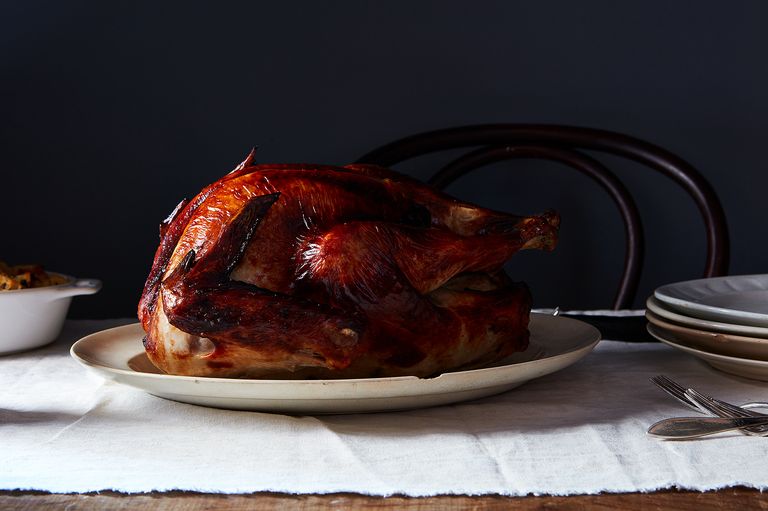
This brandy-spiked spread is perfect for slathering on all manner of toasty breads and sweet baked goods (we think it'd be dreamy with this Sour Cream Cardamom Pear Cake). It's an adaptation of a Nigella Lawson recipe, with the addition of ground almonds, which add texture to the end result.
/bc365057-74fb-40aa-8ea1-c9f1b6f7b9d3--IMG_6227-33.jpg)
Juicy-crisp chicken and roasted grapes are a match made in sweet-and-savory heaven. While they're delicious served straight from the pan, this dish isn't really complete without the pan sauce: a silky reduction of vermouth with shallots and butter.
/ee9d2ca4-35bc-44eb-bcad-36f6ca3cb858--RoastedGrapesChicken2.jpg)
Complete with toasty pecans, an ooey-gooey caramel sauce that gets stirred into the batter, and a splash of rum, this isn't your average banana bread.
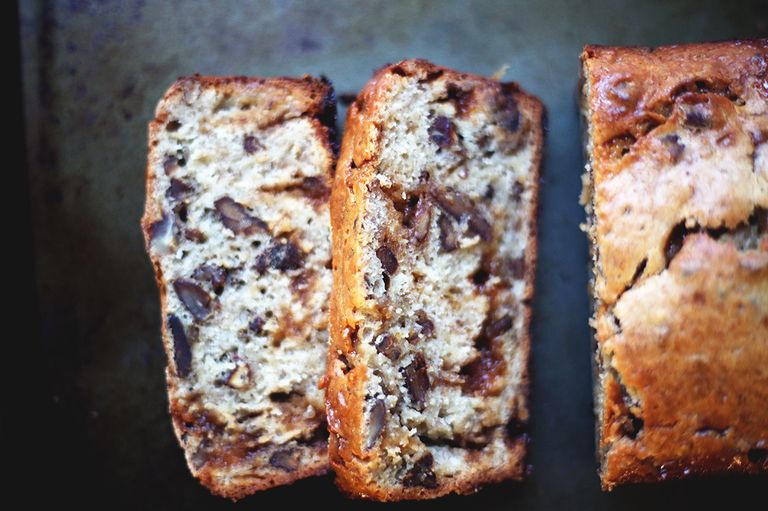
This creamy, cheesy dish brings big comfort with very little effort on your apart—the ricotta gnudi are quick to make and need just a quick boil before getting slathered in vodka sauce and draped in mozzarella.
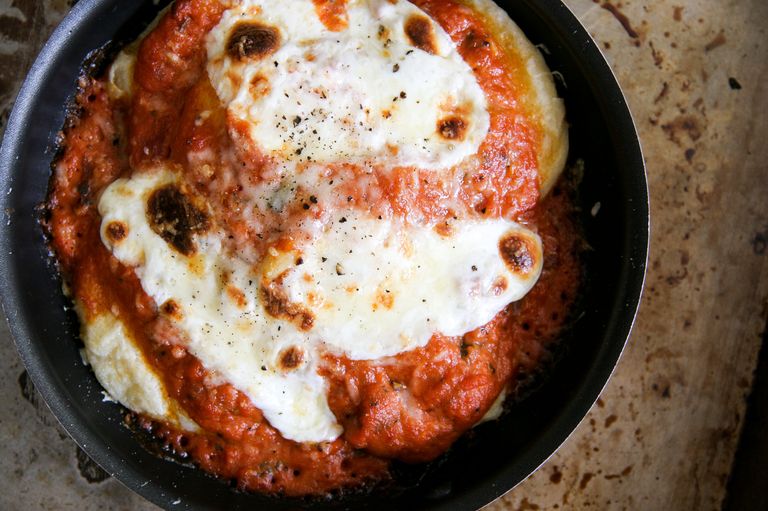
What's your favorite dish to douse in spirits and set on fire? Tell us in the comments!
Photos by Tara Sgroi




/bc365057-74fb-40aa-8ea1-c9f1b6f7b9d3--IMG_6227-33.jpg)
/ee9d2ca4-35bc-44eb-bcad-36f6ca3cb858--RoastedGrapesChicken2.jpg)



See what other Food52 readers are saying.